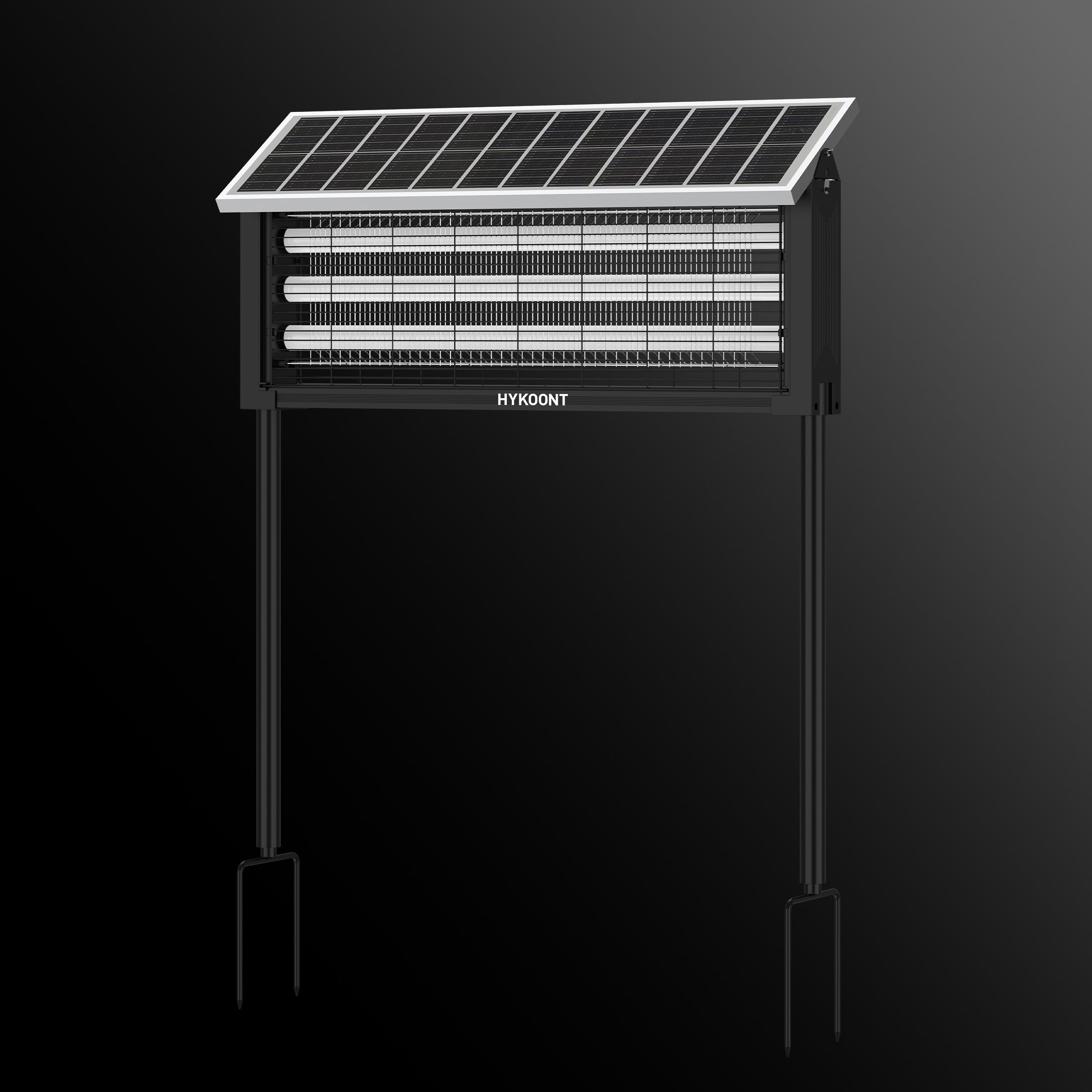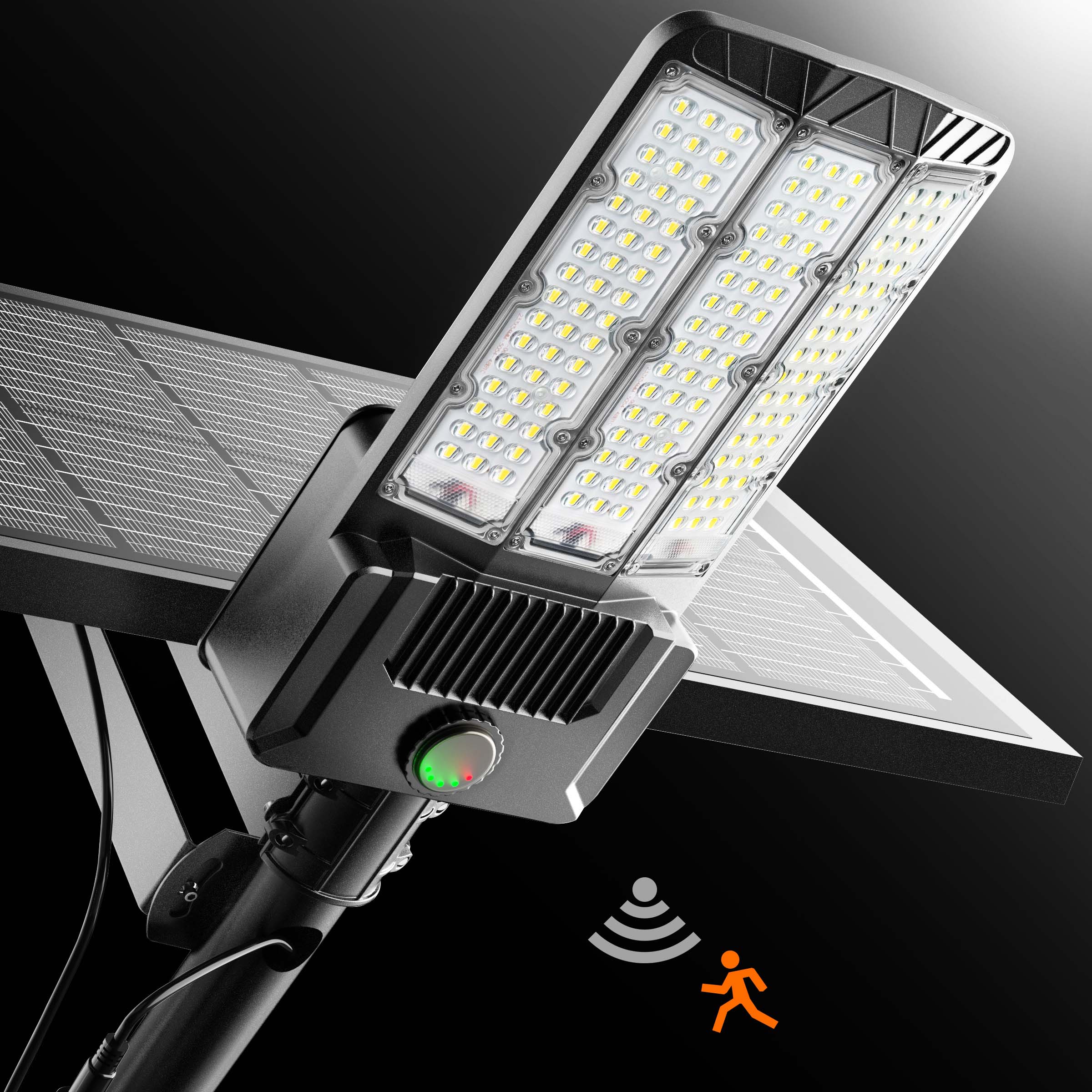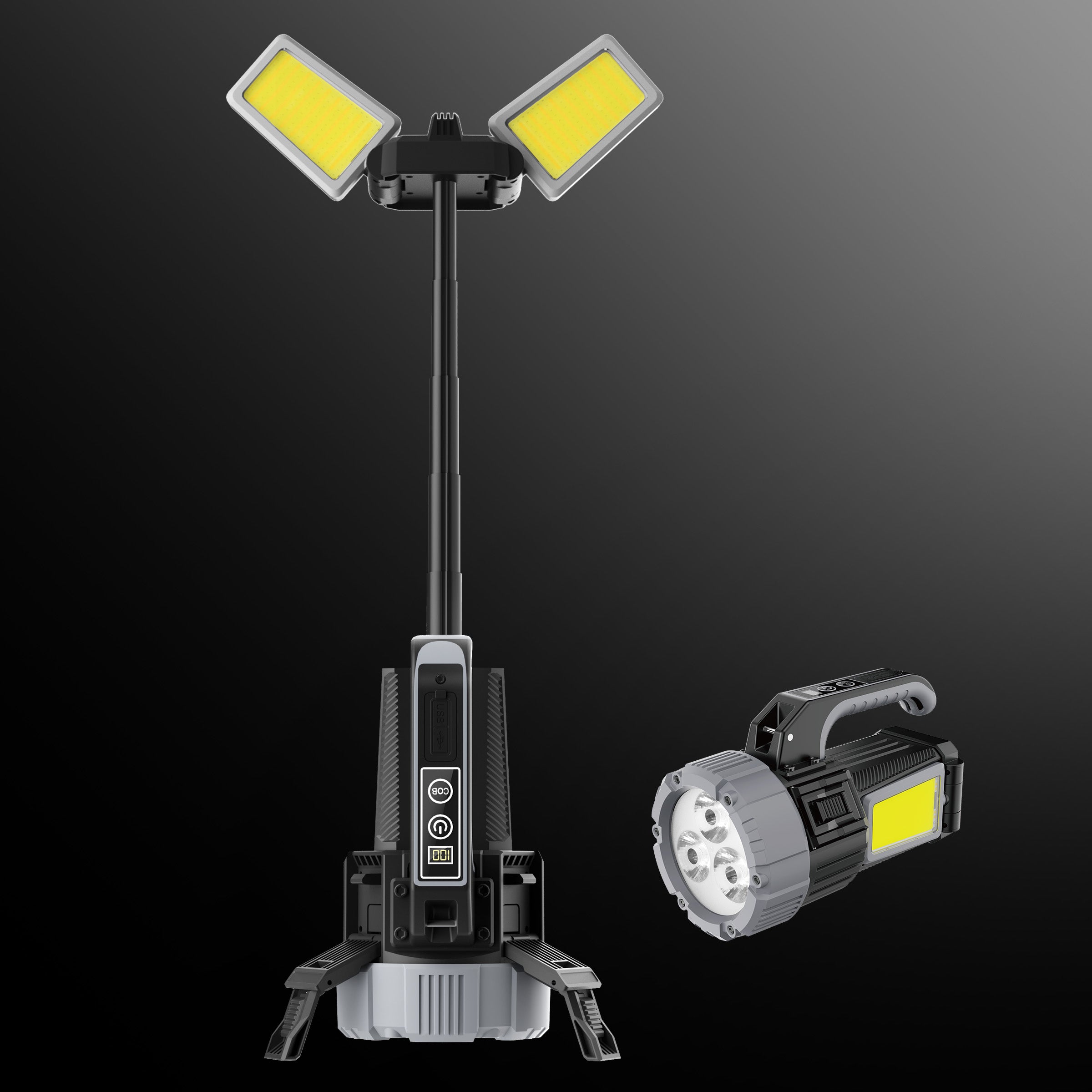Solar lights have emerged as a sustainable alternative to traditional lighting solutions, offering numerous benefits for both individuals and the environment. As we strive towards reducing our carbon footprint and mitigating climate change, understanding the environmental impact of solar lights becomes imperative. In this blog post, we delve into the various aspects of how solar lights affect the environment, examining their lifecycle, energy efficiency, and broader ecological implications.
Lifecycle Analysis
- Manufacturing: The production of solar lights involves the extraction of raw materials, manufacturing processes, and transportation. However, compared to conventional lighting systems, solar lights generally have a lower environmental impact due to their simpler design and fewer components.
- Installation: Solar lights require minimal installation effort and infrastructure compared to grid-connected lighting systems. This translates to reduced energy consumption and environmental disturbance during installation.
- Operation: Solar lights harness energy from the sun, eliminating the need for fossil fuels and reducing greenhouse gas emissions associated with electricity generation. Moreover, their operation incurs negligible ongoing costs, making them economically and environmentally sustainable over the long term.

Energy Efficiency
- Renewable Energy Source: Solar lights rely on photovoltaic cells to convert sunlight into electricity, offering a renewable and inexhaustible source of energy. By harnessing solar power, these lights reduce reliance on non-renewable energy sources such as coal, oil, and natural gas, thereby lowering greenhouse gas emissions and mitigating climate change.
- Off-Grid Solution: Solar lights operate independently of centralized power grids, making them ideal for remote or off-grid locations where extending power lines is impractical or cost-prohibitive. This decentralization of energy production contributes to increased energy resilience and reduces transmission losses associated with grid-based electricity distribution.

Environmental Benefits
- Reduced Carbon Emissions: Solar lights produce electricity without emitting greenhouse gases or air pollutants, helping to mitigate climate change and improve air quality. By transitioning to solar lighting, communities can significantly reduce their carbon footprint and contribute to global efforts to combat climate change.
- Biodiversity Conservation: Unlike conventional lighting systems, solar lights do not emit light pollution, which can disrupt ecosystems and affect wildlife behavior. By minimizing light pollution, solar lights help preserve natural habitats and protect nocturnal species from adverse effects such as disorientation and habitat fragmentation.

End-of-Life Management
- Recycling and Disposal: Proper disposal of solar lights is essential to minimize their environmental impact. While solar panels and batteries contain recyclable materials such as silicon, glass, and lithium, improper disposal can lead to contamination of soil and water bodies. Implementing effective recycling programs and adopting environmentally responsible disposal practices are crucial for ensuring the sustainability of solar lighting technologies.
Conclusion
Solar lights offer a sustainable and environmentally friendly lighting solution with significant advantages over conventional lighting systems. From reduced carbon emissions and energy efficiency to biodiversity conservation and end-of-life management, the environmental benefits of solar lights are substantial. By embracing solar lighting technologies and incorporating them into our urban and rural landscapes, we can contribute to a cleaner, greener future for generations to come.



















![[50%OFF] Hykoont LS018 Multi-Function 2 in 1 Flashlight Portable Extendable Adjustable Brightness CCT Bright](http://hykoont.com/cdn/shop/files/HYK-STDG18-2.jpg?v=1765273877&width=104)










Leave a comment
This site is protected by hCaptcha and the hCaptcha Privacy Policy and Terms of Service apply.